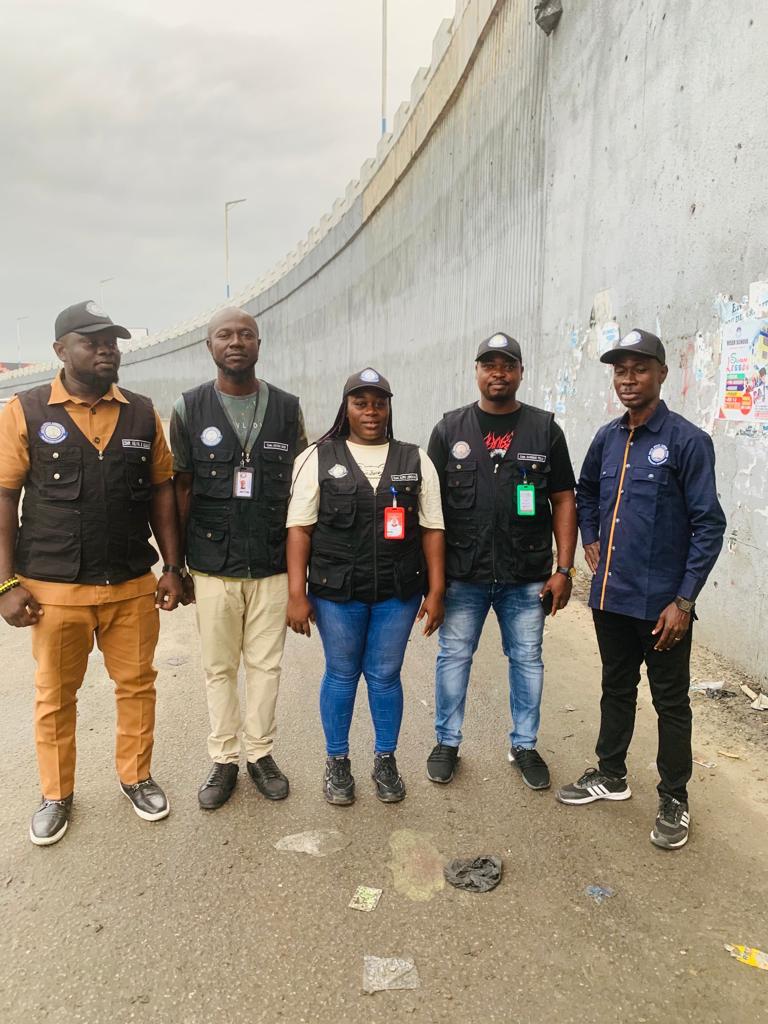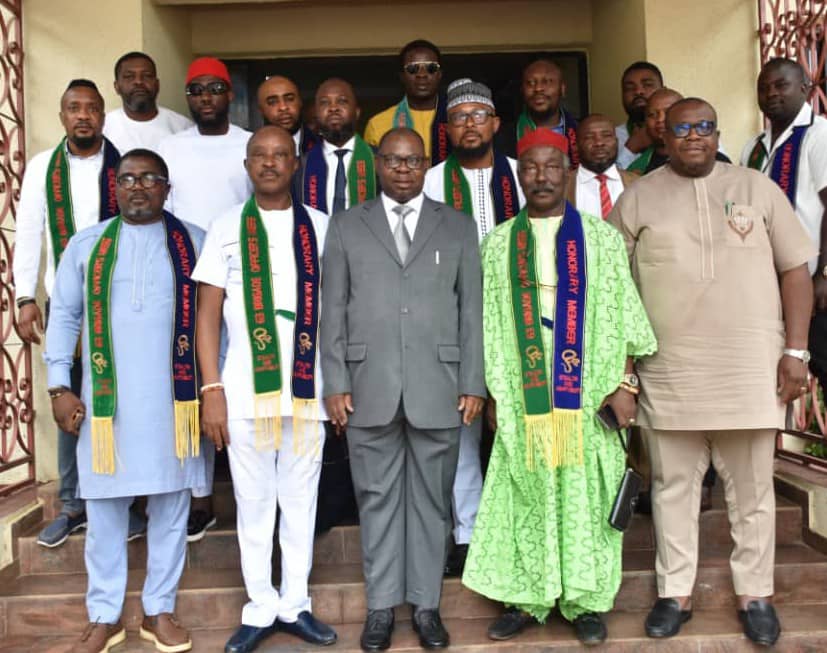News
Rights group berates INEC, seeks modalities to prevent fraud in guber poll


Oghenetejiri Nyerhovwo, Warri
Delta Human Rights Protection Congress (DSHRPC) has called on the Independent National Electoral Commission (INEC) to put in place modalities to prevent vote frauds and other irregularities in the
March 11 elections.
The civil rights group made the call in a statement jointly issued by it’s Coordinator and Secretary
Dcn. Monday Enudi and Activist Kelvin Ejemudo respectively and made available to Daily Independent in Warri.
The group berated the performance of the INEC chairman, Prof. Mahmood Yakubu on the outcome of the Feb. 25 Presidential and National Assembly elections noting infractions and non-compliance to the Electoral Act 2022 in the exercise.
They noted that the Presidential election fell short of transparency, free, fair and credible as earlier promised by the INEC boss.
According to them, the INEC chairman had before the elections assured of free, fair, credible and transparent elections and also reiterated the Commission’s readiness to abide by the laid down rules as provided by the Electoral Act 2022.
The group noted with dismay the widespread irregularities that characterised the Presidential and National Assembly elections.
They urged Prof. Mahmood to
ensure that the obvious irregularities that marred the February 25 elections did not recur in the forthcoming Governorship and House of Assembly elections.
The group said, “we, the civil rights group, under the aegis DSHRPC expressed concern over the flaws that marred the just Presidential and National Assembly elections held on Feb. 25, 2023.”
They added, “do not take the country back to the dark days when elections results were shamefully manipulated between the polling units and the Collation Centres. The conduct of the election fall short of the electorates’ expectations, thus eroding their trust in the electoral process.”.
The group noted some of the low points in INEC’s performance to include: administrative and logistical failures at many polling units, challenges with the electronic transfer of results and their upload to IREV portal.
Others were: manipulation of the process and hampering of INEC’s operational capacity by lack of efficient planning and late arrival of materials to polling Units.
Against the backdrop, the group sternly called on the electoral Commission to get its act together by setting up appropriate mechanisms to address all identified concerns.
They also urged INEC to redouble its efforts to ensure the forthcoming Governorship and House of Assembly elections are conducted under a conducive atmosphere that guaranteed a transparent, free, fair and credible electoral process.
The civil rights group, however, commended Nigerians for demonstrating commitment to the democratic process by displaying extraordinary resilience and resolve to have their voices heard through the ballot.
